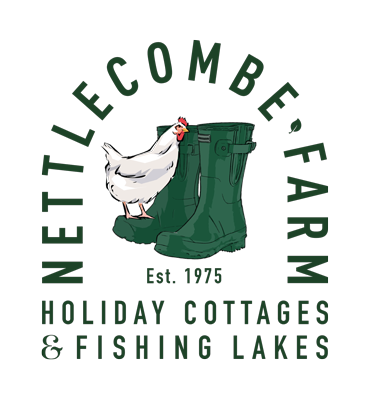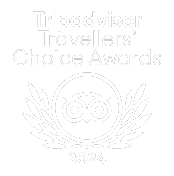Isle of Wight UNESCO Biosphere Reserve
If you visit the Isle of Wight regularly or perhaps have a home here, you will hardly need reminding that it’s a very special place. But in 2019, it was recognised by UNESCO (perhaps better known for awarding World Heritage Sites) as a biosphere reserve.
For many, this will immediately bring to mind Cornwall’s Eden Project, but a biosphere designation is much more than that and covers the whole Island. The Isle of Wight is one of only seven UK regions to be awarded this special status and the first for over seven years. It also covers much of the water surrounding the Island, so you enter the biosphere as you sail across from Lymington or Portsmouth with Wightlink.
Much of the Isle of Wight is already an Area of Outstanding Natural Beauty (AONB), in the company of national beauty spots like the Chilterns or the Cotswold Hills. Joel Bateman is part of the local AONB team that helped achieve this latest accolade. He explained: “UNESCO has recognised the Island’s very special combination of amazing geology, diverse natural habitats and wildlife. But more than this, its how this environment has been enhanced by the people who live here. Producing a wealth of quality, locally-produced food and providing a range of activities from walking and cycling to fossil hunting and stargazing.
“The AONB covers more than half of the Island and highlights the quality and variety of our natural habitats and wildlife. We have our famous red squirrels and woodlands without deer which makes space for dormice and bats of all varieties and the only population of the reddish buff moth in the UK. The biosphere takes this all a stage further; UNESCO looks at how the people who live and visit here work with the natural world to ensure a sustainable future. In particular, UNESCO recognises the Isle of Wight is an area where people actively promote high levels of awareness and understanding about their environment and then find ways to raise involvement throughout the community. It’s also about healthy lifestyles.”
Many Isle of Wight organisations and businesses have helped make this happen. The Tomato Stall is a commercial nursery which stood out for the innovative use of technology in the production of its delicious fresh produce. Local ‘environmental impact’ company Artecology has been working in partnership with Wightlink to create ‘vertipools’. These provide spaces, between the low and high tide marks, that allow nature to thrive within the ferry terminals, that would otherwise be relatively urbanised parts of the coast. The award-winning vertipools now provide sustainable homes for 29 marine species including fish, shellfish and crabs.
Wightlink’s environmental officer Nicola Craig commented: “As a marine scientist, I'm amazed at the biodiversity in our vertipools and I was proud to learn that Wightlink has been the first company to install them. I'm sure our customers and staff would be astounded to see the richness of marine life beneath the waves.”
There are a great many other examples like these, which UNESCO felt underlined why the Isle of Wight was worthy of becoming its latest biosphere reserve. On its own website, it acknowledged that the Island had a long tradition of promoting environmental initiatives. UNESCO summarised its ecological and socio-economic findings as follows:
The Isle of Wight represents a unique assemblage of species. It is a nexus between the northernmost point for some species and the southernmost for others, for example the Glanville fritillary butterfly is found in abundance on the southern cliffs of the Island, yet is exceptionally rare elsewhere in Britain.
The Isle of Wight woodlands are unique in the UK for the co-existence of stable populations of red squirrels, hazel dormice, Bechstein’s and barbastelle bats in woodland which is not influenced by deer or grey squirrel.
The Isle of Wight has a number of distinct economic strengths, including a strong, modern manufacturing sector, plus a healthy level of self-employment and micro-businesses, many of which are attracted by the quality of place offered by the Island. These, allied to the visitor economy and the offer to tourists, provide the opportunity for sustainable growth.
The Island became a biosphere reserve in the same year that ‘climate strike’ was named the Collins Dictionary’s word of the year. There's never been a time when the importance of conserving and living in harmony with our natural environment has been as high profile. It's an enormous achievement for the whole Island to receive this international endorsement, providing a well-deserved pat on the back for everyone who has been hands-on over the years.
Hopefully it will inspire us all to get out and actively enjoy everything the Isle of Wight has to offer whilst appreciating the effort required to protect and maintain it for the future. Finally, it celebrates that the effort of many individuals and organisations working together really can make a recognisable difference.
CREDIT: WIGHTLIFE MAGAZINE








